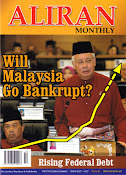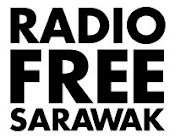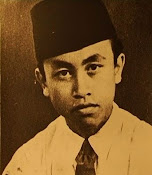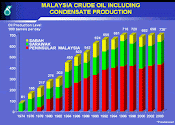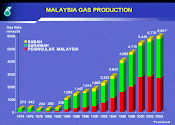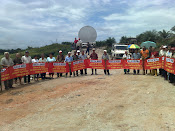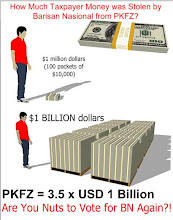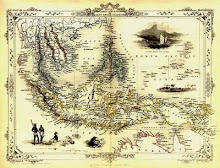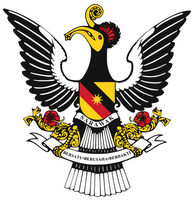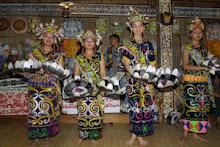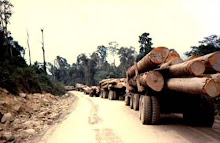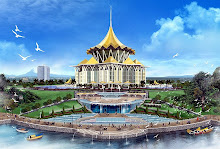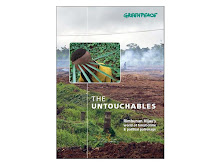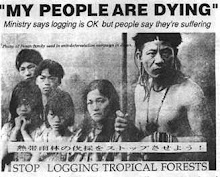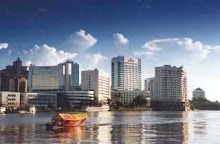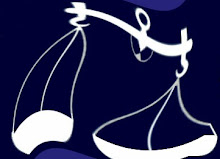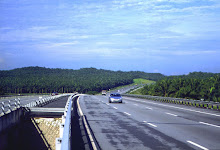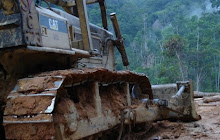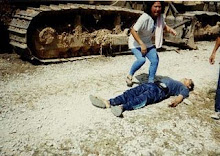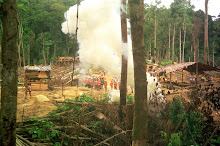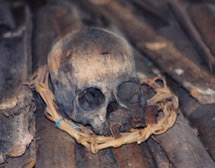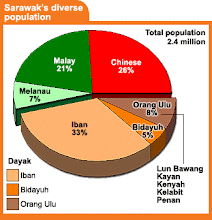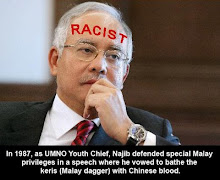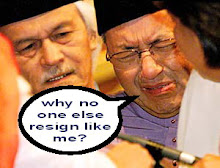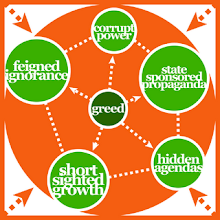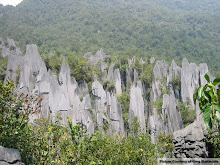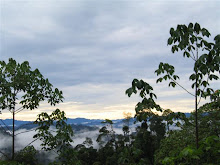http://www.borneotoday.net/august-31-is-merdeka-for-all-not-just-peninsular-malaysia-comment/
By ZAINNAL AJAMAIN
COMMENT: Who the hell
is this Tunku Abdul Aziz chap?
This is the typical brazen
people from Malaya, very condescending, superior and lordly towards Sabahans
and Sarawakians. His argument is as if Sabah and Sarawak begged to be a part of
Malaysia. History has taught us that we did not want to form Malaysia; we
wanted to form the Borneo Federation.
Let it be known that it was
Malaya who did not want to merge with Singapore, unless the Borneo states were
included in the package.
It is very obvious this
character only read the “Social Contract” which is not documented and did not
read the Malaysia Agreement 1963 – shame on you for calling yourself a
Malaysian. To him only the Malays, Chinese, Indians, Sikhs and Eurasians are
Malaysians – he did not even know that the Kadazan, Dusun, Murut, Rungus,
Bajau, Dayak, Melanau, Kelabit etc are also people who form part of Malaysia.
The “primitive colonies” as
he says it, do not know what we wanted to do, but Tunku Abdul Rahman knew that
the money Malaya had based on rubber and tin, was fast depleting.
Unless Malaysia was formed,
Malaya would be exporting their daughters as maids. As Abdul Aziz puts, “we
celebrate our independence on August 31 and when you are part of us, our nation
is YOUR nation”. What baloney! It is not “our nation is YOUR nation” it is more
like “YOUR money is OUR money”
This Abdul Aziz chap
perhaps has not heard of the Malaysia Agreement 1963; he may not even have read
it or perhaps he is so senile he did not know the date September 16, 1963.
This is the day that
Malaysia was formed by the Federation of Malaya (which later was named
Malaysia), North Borneo (Sabah), Sarawak and Singapore. Singapore left the
Federation of Malaysia later.
He claims he was a teacher,
it means that he has no conscience that this is a part of Malaysia history
which is not taught in school or even in universities. They wanted to hide
September 16 so bad that they only started to celebrate it 47 years after 1963,
but only in Sabah and Sarawak NOT Malaya.
Therefore, Malaya is NOT
part of Malaysia; it is only masquerading as Malaysia.
Does this Abdul Aziz
represent the leaders and elite in Malaya? Because if he does then Sabah and
Sarawak is more than happy to leave “YOUR family” so that we can create “OUR
own family” as was originally planned.
The problem with these
leaders and elite from Malaya is that, “they need Sabah and Sarawak more than
we need Malaya” – Sabah and Sarawak does not need Malaya.
Talking about security
concerns is just a scare tactic for Sabahans and Sarawakians to hang on to
Malaya. Unfortunately, the Tanduo incident (the Lahad Datu standoff) shows that
Sabahans and Sarawakians do not think much about Malaya discharging their
security and defense obligations.
What can we expect from
insincere and dishonorable leaders and elites from Malaya? Their obligations in
the Constitution which is mandatory to be implemented, yet, for more than five
decades they have yet to fulfil any of it.
They even have the audacity
to say, “my door is always open for negotiation.” What negotiations? All
negotiations were already completed in 1963. That was the reason for the
Malaysia Agreement 1963. Currently, there is no more need for negotiations,
just implement what was incorporated in the Constitution – no more no less.
When shoved into a corner,
a typical Malayan leader or elite would pretend to be stupid and try to
interpret the law the way they like it. Perhaps many of the leaders and elite
from Malaya overlooked the reason the United Kingdom was part of those who
signed the Malaysia Agreement 1963.
That is a link to the
United Kingdom – just in case the leaders and elite in Malaya try to play dumb.
Sure, the leaders and elite in Malaya may have their opinion on Sabah and
Sarawak, but there is also a set of opinions from Sabah and Sarawak.
We all can agree to
disagree this is healthy for nation-building; the only way for this type of
dispute to be resolved is through arbitration in London where there is no
appeal. Are the leaders and elite from Malaya ready for this?
• Zainnal Ajamain an
activist on the Malaysia Agreement 1963 and Sabah and Sarawak rights as well as
the author of the bestselling book “The Queen’s Obligation”


